10 Election Policies Petrolheads Would Vote For
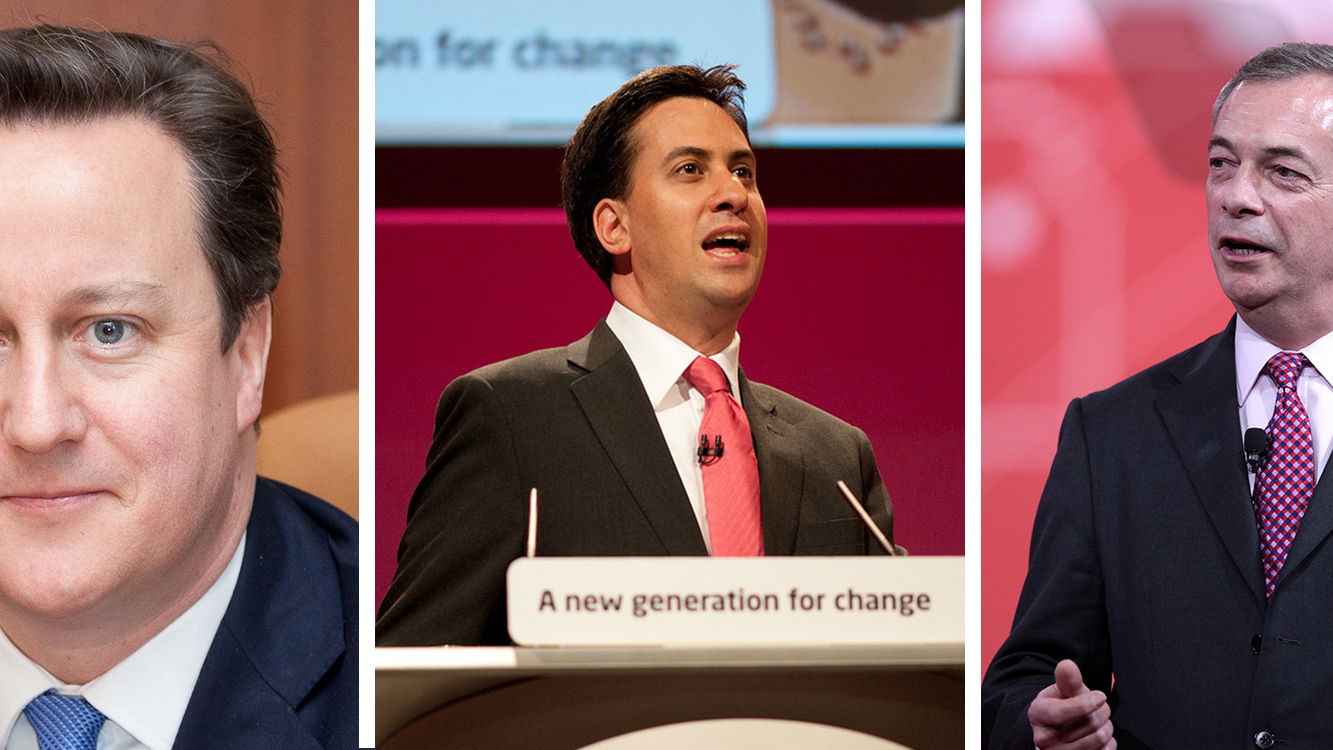
Today is a huge day for the United Kingdom. Election 2015 fever has taken hold of the British Isles, and by that I mean if we hear any more bacon sandwich-related bullying or posh pillocks telling us why they’re totes down with the kids we’ll come out in a rash.
But as petrolheads, politics affects us and the matters we care about. Yesterday we asked you what car-related issues you’d like to see your local government tackle. So if David Cameron, Ed Miliband and Nigel Farage are listening - we’ll assume The Green Party doesn’t have CT bookmarked - here’s what you need to do to secure the petrolhead vote…
Do something about the terrible state of our roads
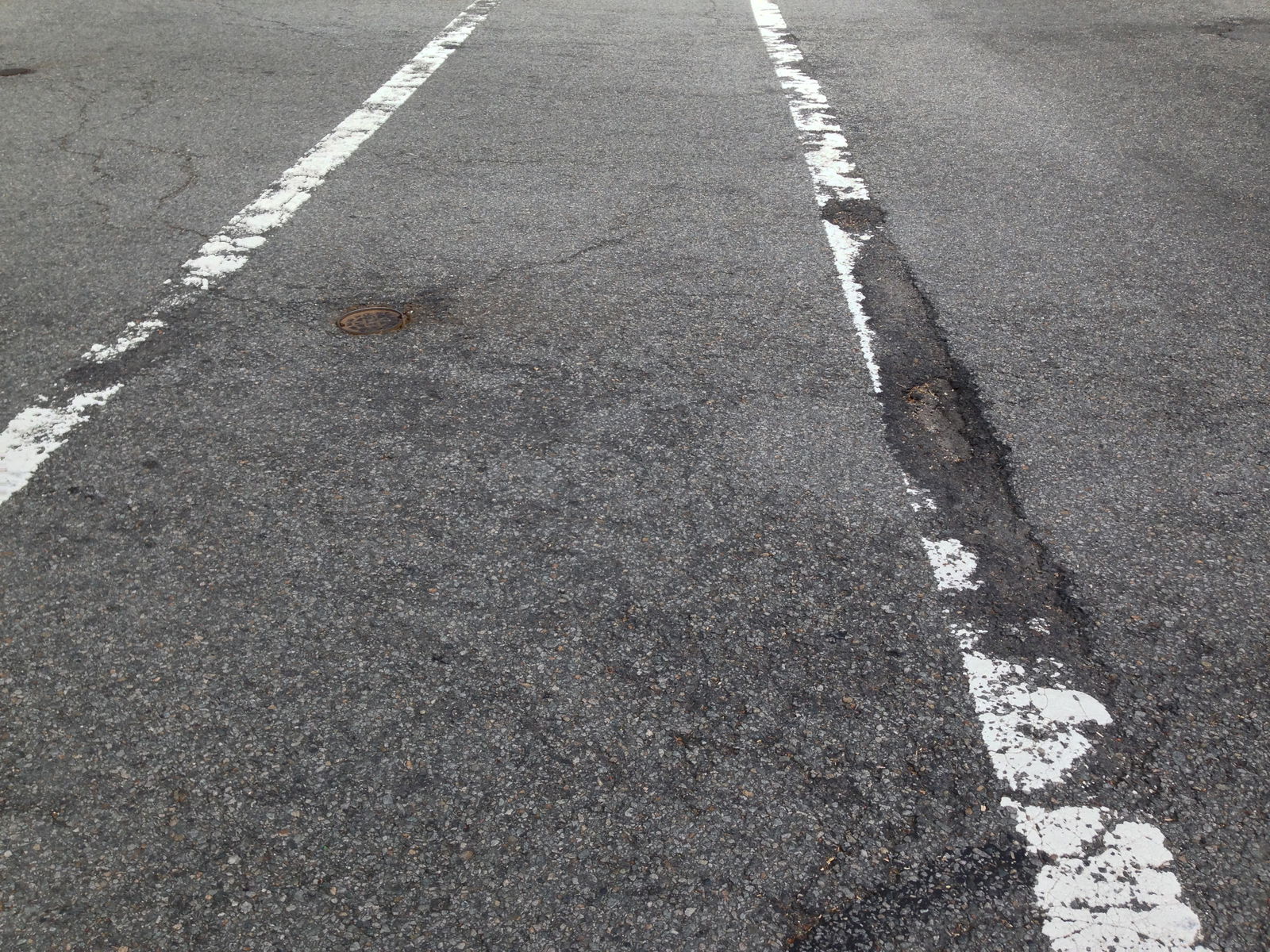
This is a tricky one due to our climate, but something needs to be done because there are vast miles of tarmac on the British road network that are simply not at an acceptable standard.
We Brits love to talk about the weather, but here it’s a legitimate concern. The fact is that during certain times of the year the difference in temperature between night and day varies dramatically. To massively simplify: this causes the road to expand and shrink quickly, causing cracks to appear at weak points. This is amplified in winter when rain seeps into the tarmac and freezes, further damaging the road.
We can’t fix the weather, but we could invest in the research of new road surface technologies. Roads containing heating elements or materials that react less to changes in temperature could be solutions. The cost would be massive, but considering the cost of damage and accidents caused by improperly maintained roads, the difference would be minimised.
There are other short-term solutions, too, such as this ‘Dalek’ machine that fills potholes in just two minutes - less disruption to traffic with the same result as traditional pothole filling teams.
Remove 'cash cow' cameras, invest in the police force
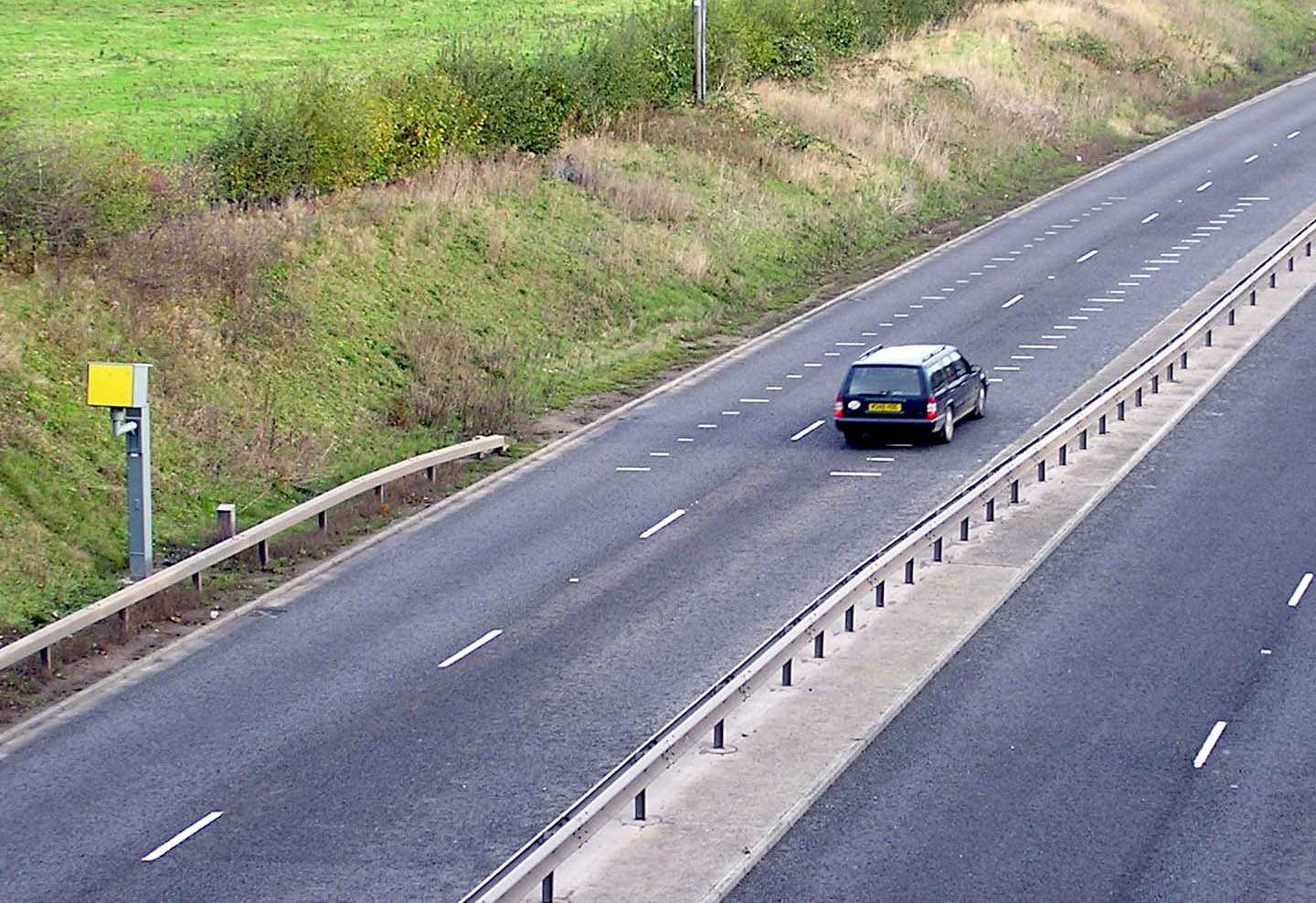
Speed cameras are a good thing when used appropriately. No one is denying that speeding in certain areas is a bad thing, and I doubt many could reasonably justify the removal of cameras outside schools or in busy pedestrian precincts. The problem comes from cameras that are clearly just there to catch people out.
User Ben Anderson points out a perfect example in his local area:
Driving to Newcastle via Testos roundabout in Boldon, the speed limit changes from 70 to 50, and there is a speed Camera IMMEDIATELY after the 50mph sign. Same when it changes down again to 40mph.
It might be easier to stomach if research was conclusive about the effectiveness of cameras in reducing accidents, or if the money raised was invested in the road network, but it isn’t.
So how could we improve things? Invest in the police force. It might seem counter-intuitive to many anti-cop petrolheads, but more human law enforcement would mean the truly bad drivers, such as those who text and drive or are just plain inattentive, are brought to task. Cameras catch speeders, but they don’t catch people who are a danger to others in general driving. Cops can also be lenient - you’d have to be very unlucky to be pulled over by Brit cops even doing 80mph on the motorway - so as long as you’re not driving like a pratt, everyone’s better off.
Increase speed limits in safe, open areas
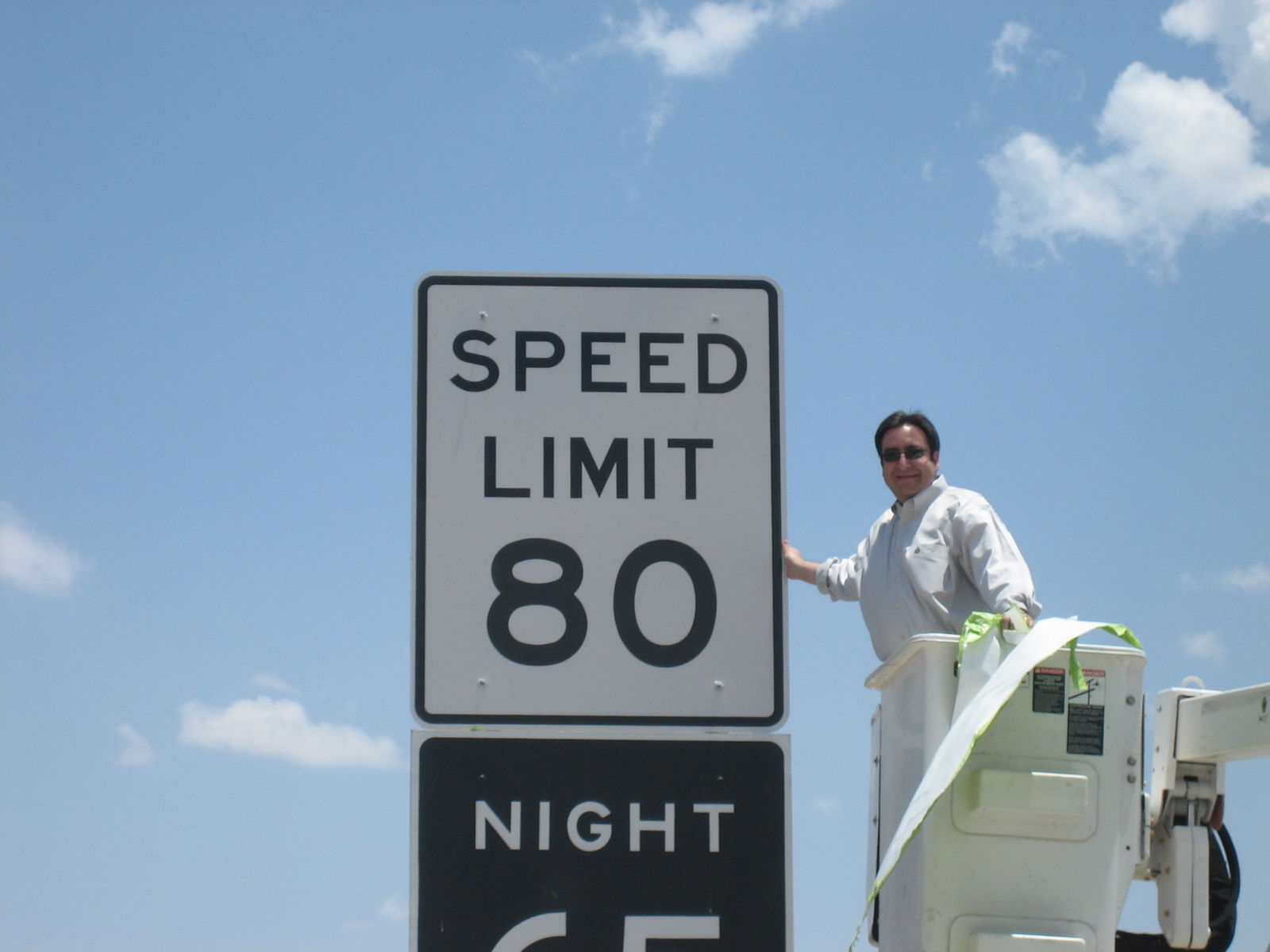
Speaking of speeding, motorway limits should be increased. The 70mph limit on motorways was a fairly arbitrary limit created temporarily in 1965 - rumours as to why are split between the fact a few serious accidents occured in fog, but also that local officials were upset/worried that AC was testing its then-new Cobra at up to 180mph on the M1 - and became permanent in 1967. Back then, few ‘normal’ cars could even exceed that limit.
It’s an irrelevant, arbitrary number that needs serious consideration. Few cars on the road today could be considered dangerous at such speeds, and the Highway Code’s figures on stopping distance are ridiculously outdated - how many cars built this century would take 196 metres (315 feet) to stop from 70mph?!
The answer could be to either the raise the limit on motorways to 80mph, and/or ask the (increased number of) police to exercise reasonable judgement on stopping speeders. Middle of the night on a well-lit motorway with few cars on the road? 100mph is fine, sir! Rush hour traffic, darting between slow-moving cars? You deserve a ticket, you numpty. Understanding the difference between driving too quickly and driving dangerously is important.
Car insurance reform
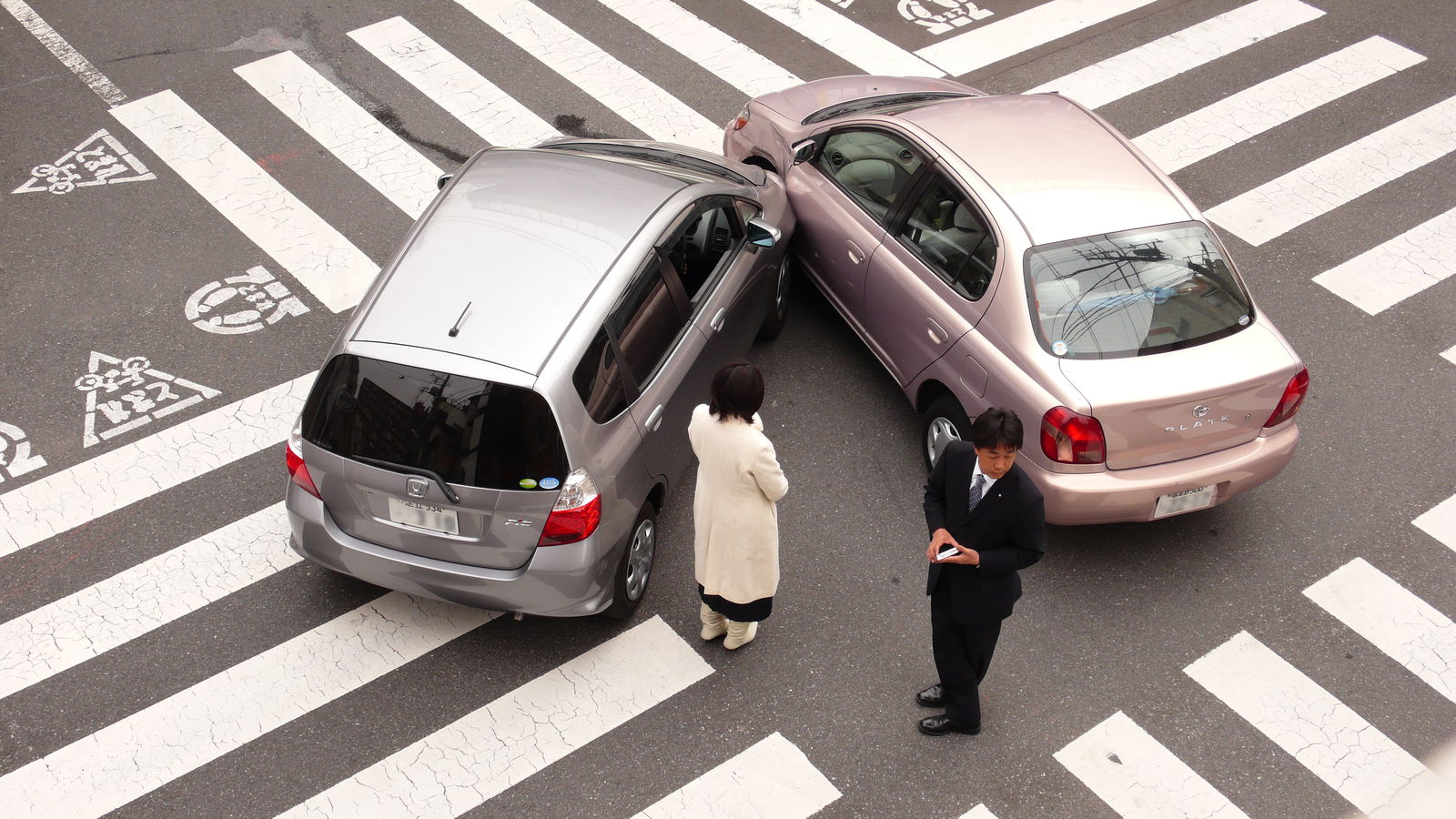
Any young person who has tried to insure a vehicle will know true pain and financial heartache. It’s unfortunate that the license age happens to be at a time when most teenagers, young men in particular, feel at their most invincible and are most susceptible to peer pressure. Giving people a one tonne machine at this point in their lives makes it no surprise that the percentage of young drivers who are involved in accidents or anti-social driving is way higher than for other age groups.
The problem is, it’s a case of the minority ruining it for the majority. Subsidised insurance for young drivers, which is reliant on your driving behaviour, would mean that those who drive sensibly are rewarded, and would also provide a financial incentive to encourage less anti-social behaviour.
Another way to reduce insurance costs among youngsters is to overhaul the driving test. As it stands, you could theoretically take a test on your 17th birthday and, if you pass, be allowed to drive on the road with no supervision. That’s absolutely insane, even if no one actually does it. I have friends who have taken five day intensive courses, and have come out with a full license.
The driving test needs a number of changes that make it harder to pass, and require minimum wheel time before being allowed to fly solo. Many countries include driving on closed courses with hazards and simulated dangers, differing surfaces and weather simulations (such as skid pans) that teach drivers the limitations of a vehicle - and more importantly, how to control it when you’re in trouble - in a safe environment. The fact this portion would be undertaken away from the road means that we could lower the age limit at which people begin to get a feel for a car.
The on-road section of a test could also be overhauled, with multiple stages needing to be passed before you’re considered roadworthy. As it stands you could get lucky with a quiet route, even if you’re not really ready. This would cost learners a lot, and would need government subsidisation, however the benefits in potential lives saved would be invaluable.
Abolish shortcuts to gaining a license
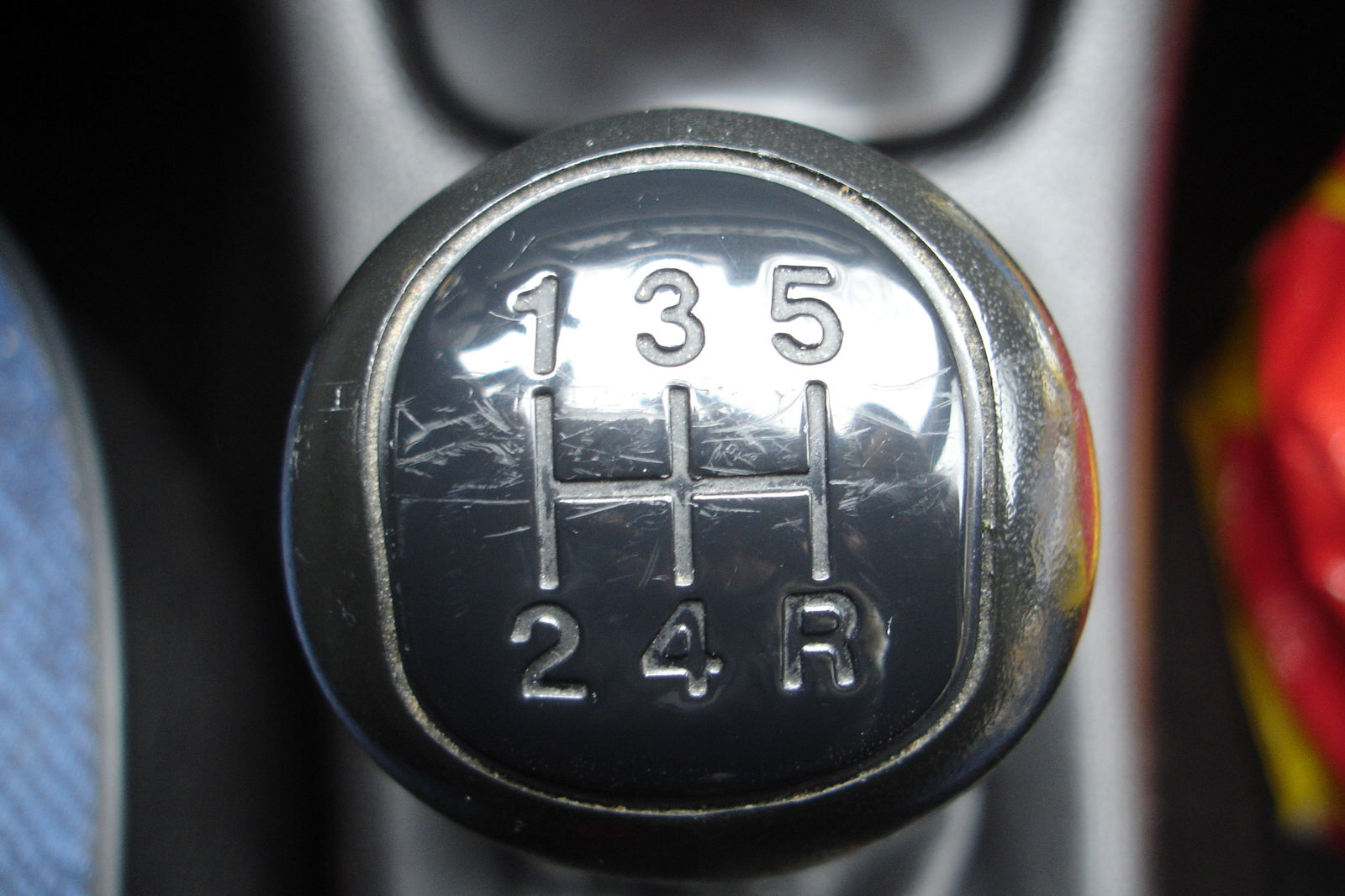
Another way to improve the standard of driving is to do away with the ‘auto only’ license for anyone who doesn’t have a disability that affects their ability to change gear. If you’re incapable of controlling a car while changing gears manually, you probably shouldn’t be in control of a big metal weapon.
Rob Howard made the following excellent point:
Abolishing automatic-only driving licenses. People need to learn how to drive a car properly, there’ll be no more shortcuts to being licensed. Exceptions will only be made for people able to prove a physical disability that prevents them from safely changing gear.
The key word for me there is ‘shortcuts’. By saying “okay, you struggled with that, let’s make it easier” you’re not reinforcing just how important it is to pay attention behind the wheel. Making excuses for people who aren’t good enough won’t encourage them to be better. I get that not everyone cares about driving, and that’s fine, but they need to understand their responsibilities out on the road.
Destroy all caravans
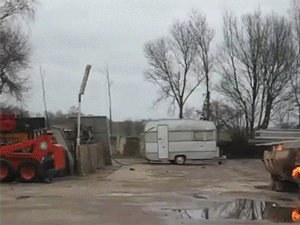
ToddM’s policy is succinct, but popular:
Destroy all caravans. They ruin country roads.
The happiness of a nation is a very important measurement for a government to know how successfully it’s running the country. Caravans are detrimental to the happiness of the general population, and therefore should be abolished. A stock pile should be stored at various points throughout the country, and on a newly created bank holiday each local council should be allowed a caravan to place on the local green. Residents can come out and throw objects at it, before it is set on fire when the sun goes down. If Car Throttle was in government…
Ban trucks from cities

One of the biggest anti-car messages relates to the motor car’s affect on the environment. While we’re not disputing pollutants are bad, manufacturers are finding new and innovative ways to reduce emmissions; the average person’s car will soon be spouting unprecedentedly low amounts of rubbish into the air.
In our opinion, a better target would be heavy polluters in city centres. Anyone who has walked down the high street of a big town will know that the air quality is horrendous as trucks and busses chug along highly pedestrianised areas. Busses are a vital form of public transport, so hybrid systems like the ones currently used in London busses that see vehicles run on electric power at low speeds ensures smelly, choking emmissions are kept away from people.
This could go further, with trucks banned from high density cities unless they have similar electrical systems in place. Removing huge trucks from the road would not only improve air quality for millions of people, it’d also free up much of the road network and reduce traffic in cities.
Roadwork management needs to be sped up
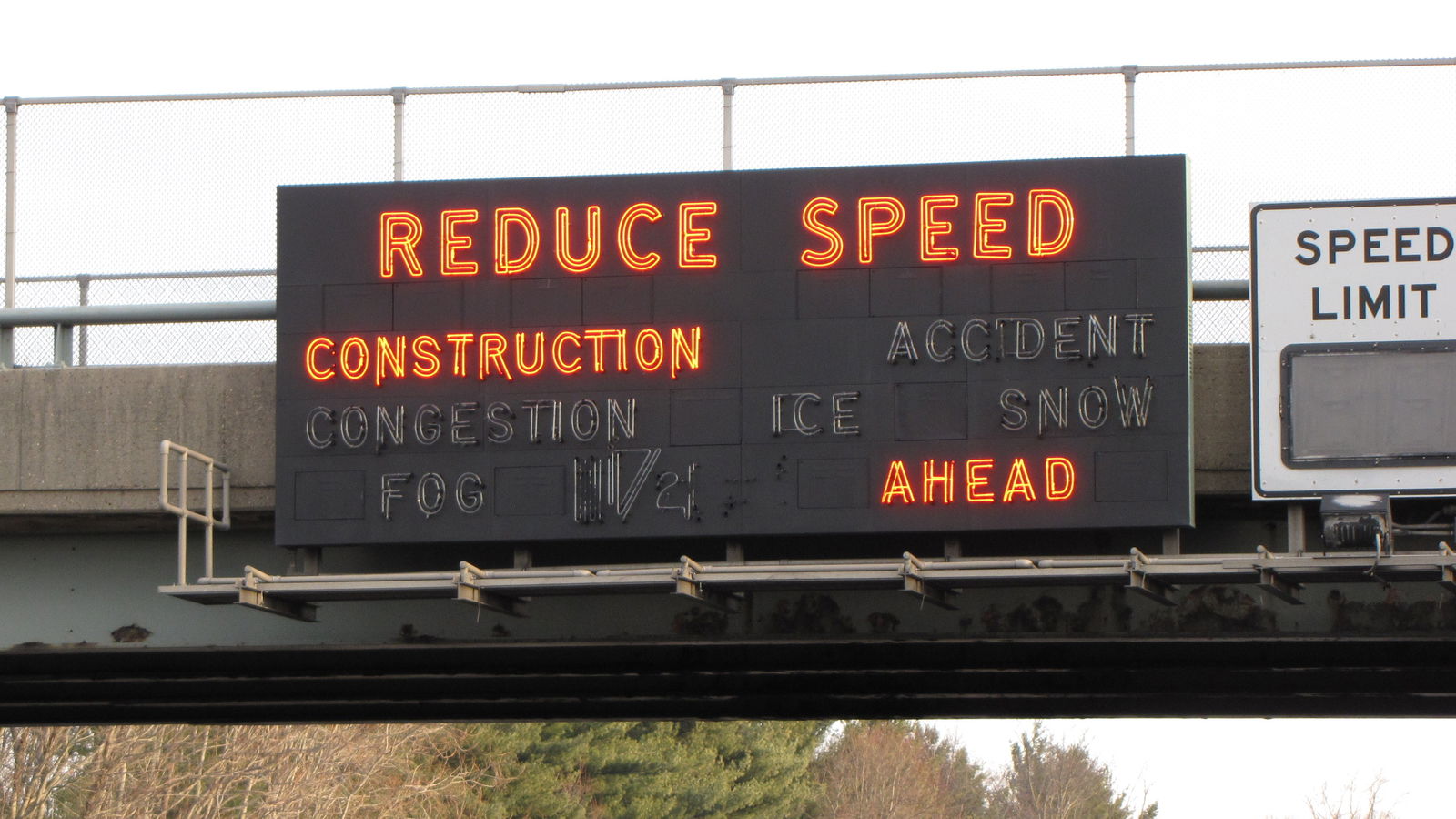
They’re the bane of every motorist’s life: roadworks. Endless orange cones with nobody working on the other side are enough to send even the most relaxed driver’s blood pressure through the roof.
Road workers tend to do their stuff overnight when the roads are quieter, which makes sense. The frustration lies in the fact that when works are so extensive that the cones need to stay in place during the day, you’re left with huge tailbacks and nobody getting work done. In these situations, having a day shift in place would cause less rage in drivers and would get the job done twice as quickly.
Stop the war on the motorist

The motorist is seen as an easy target by governments to make extra cash and show off their green credentials: drivers can’t do anything about it, because their vehicles are essential to them.
According to The AA:
UK voters with cars and other vehicles pay more in fuel duty (£26.9bn) alone than UK firms and companies pay in business rates (£26.8bn) and the equivalent of 97.5% of what is received through council tax (£27.5bn)*.
Other motoring taxes raise another £6.1bn in vehicle excise duties, and a further £25bn from VAT on fuel and car sales, company car tax and insurance premium tax.
Of the £582.6 billion raised in UK taxes last financial year, almost 10% came from motorists.
That, ladies and gentlemen, makes me absolutely incredulous. Maybe if the government spent a bit more time regulating the banks’ behaviour and ensuring big businesses weren’t dodging tax they wouldn’t need to fleece the Average Joes going about their lives, scrimping pennies together just so they can afford to get to work.
Motorists alone almost raised as much cash as council tax, which is paid by every single household in the country. And the fact that, altogether, drivers contributed 10 per cent of all the tax raised by the country just blows my mind. This needs to stop. We’re charged left, right and centre, get blamed for damaging the environment and are ignored in pretty much every party manifesto, and yet the roads are terrible, traffic is only getting worse, and if you’re a petrolhead it’s easy to feel like your lifestyle is being unfairly targeted and shut down.
It’s about time governments took a step back and realised that improving the road network and giving drivers a break would have positive impacts on the economy. But of all the things on this list, it feels like this particular point is the least likely to be implemented…

Comments